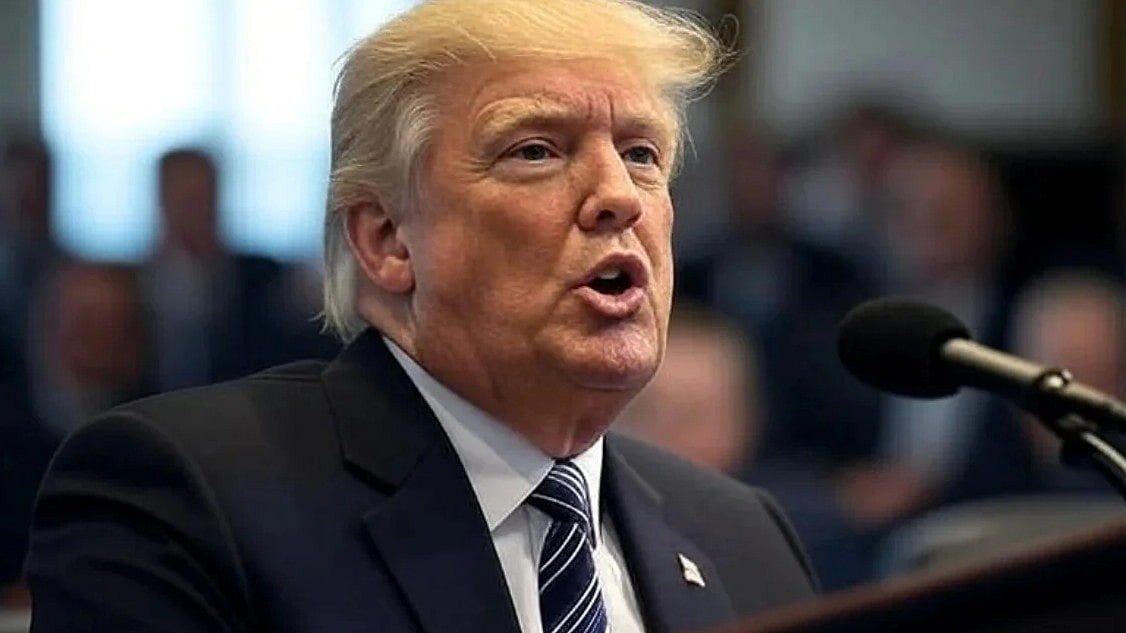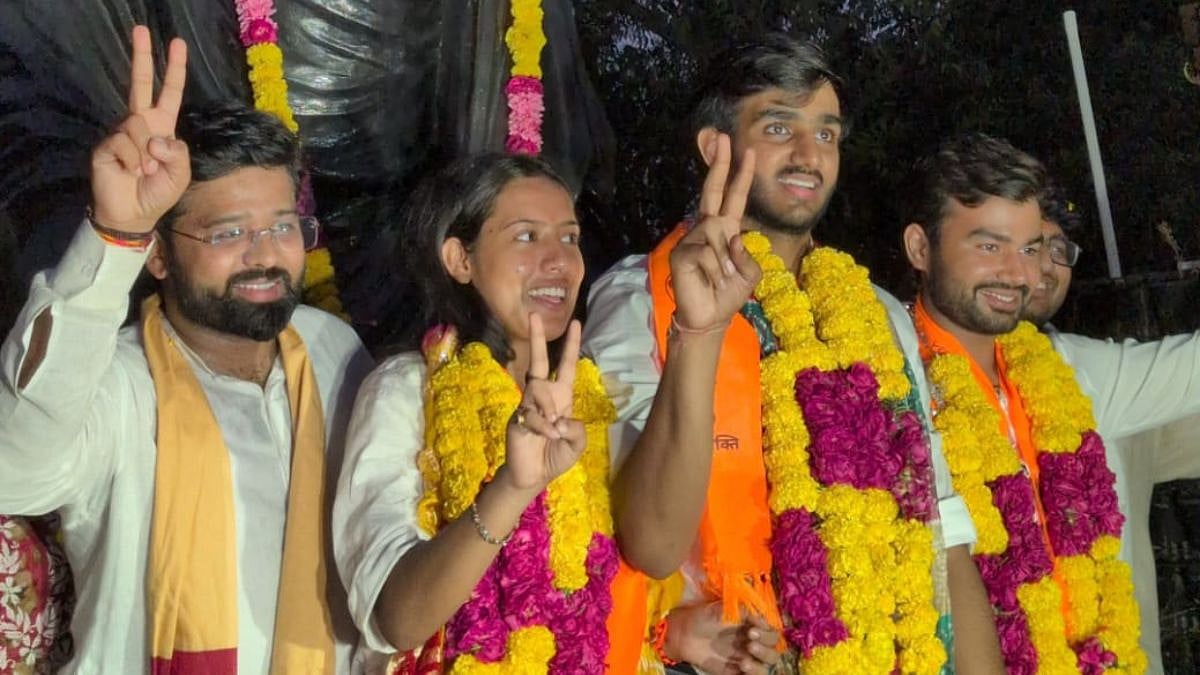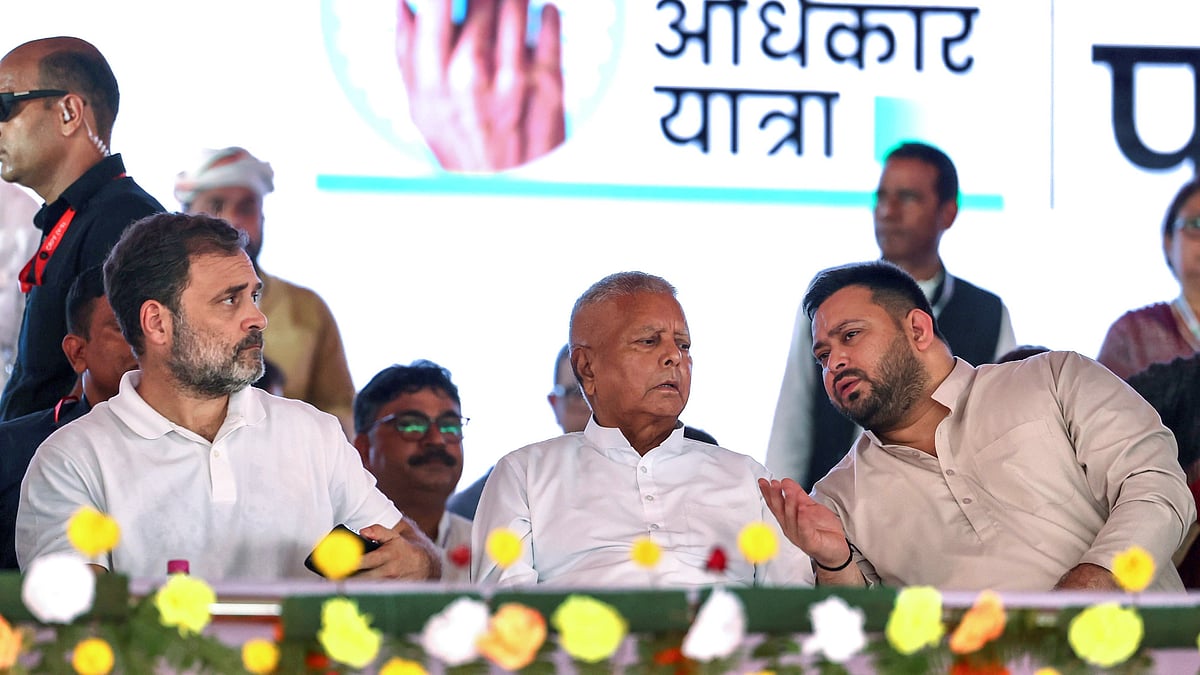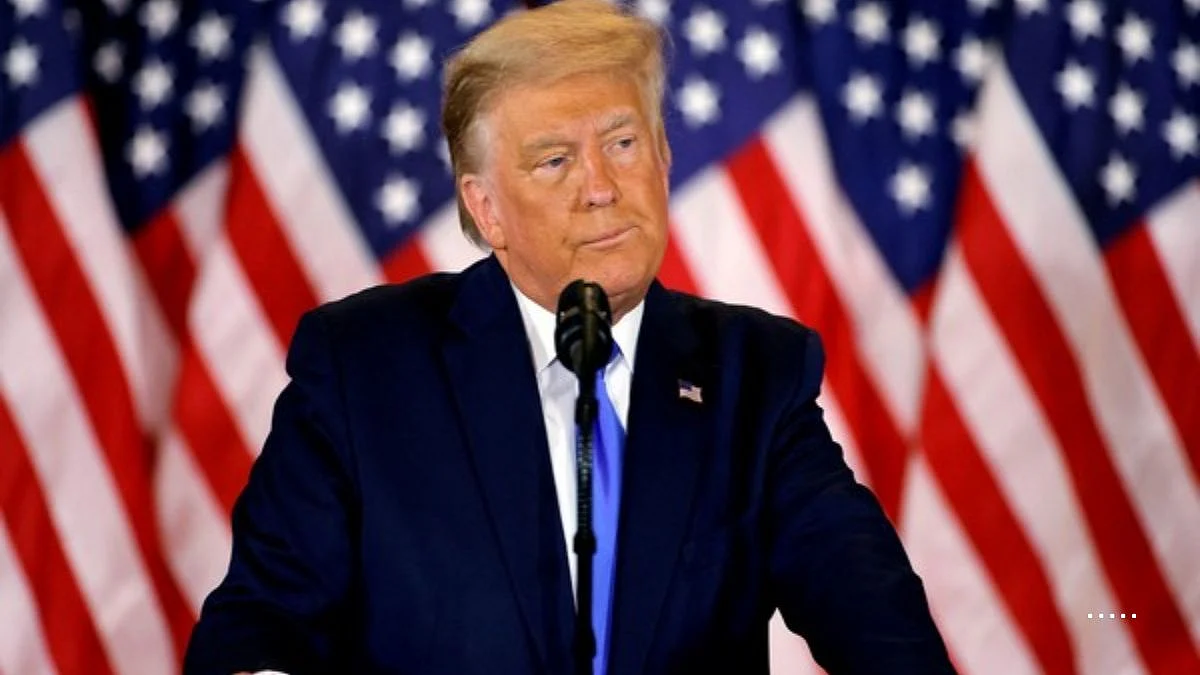New Delhi: President Donald Trump sought to embarrass India through a series of posts on Truth Social. Posting on Wednesday, the president announced 25% tariffs or import duties on Indian exports entering the US. The reason he said was India’s continued buying of Russian energy and military equipment. The US president went further on Thursday, when he called India and Russia “dead economies” and then went on to announce an oil deal with Pakistan. This would have been seen as particularly provocative by New Delhi given the recent India-Pakistan clashes on the border.
India has said that New Delhi was looking into the “implications” of the threatened tariffs and that India remained committed to “concluding a fair, balanced and mutually beneficial bilateral trade agreement.”
On the issue of Russian oil, India has been clear that it will continue to buy from whomever gives it the best price. Speaking at a press conference this week, India’s High Commissioner to the UK, Vikram Doraiswami, responded sharply when asked by a British journalist as to why New Delhi continued to buy Russian oil.
“We are the third-largest consumer of energy in the world. We import over 80 per cent of our products. What would you have us do? Switch off our economy?”
While New Delhi’s rhetoric is sharp, it will be more than aware of the pressure that President Trump can exert through tariffs. Data released by the Ministry of Commerce in April this year shows the US remains India’s largest trading partner for the fourth consecutive year, with bilateral trade reaching $131.84 billion. Trade experts believe the proposed tariffs will hurt this relationship and India’s growth trajectory. “The tariff (and penalty) now proposed by the US is higher than what we had anticipated and is therefore likely to pose a headwind to India’s GDP growth. The extent of the downside will depend on the size of the penalties imposed,” Aditi Nayar, chief economist at ratings agency ICRA, said in a statement.
Experts believe the level to which President Trump has been willing to go suggests the era where India was seen as a strategic partner, whose needs needed to be accommodated, were no longer being seen as important. Energy expert and former Ambassador Talmiz Ahmad explains. “The US had earlier accommodated India’s concerns through the sanctions waiver on the Chabahar project in Iran, and Biden allowed India to buy Russian crude and resell it to Europe. This is because he saw the importance of the strategic partnership. Trump’s actions show he wants a zero-sum game in favour of the US. So, he feels no need to accommodate India.”
Asked why Trump was so interested in engaging Pakistan, the ambassador pointed out that Indian analysts should not view the US interest in Pakistan through an India-Pakistan lens. “The US sees Pakistan as a key strategic partner by which to contain Iran. Iran has trading posts along the IranPakistan border through which it imports food and smuggles petrol and diesel. Pakistan is a crucial ally for the US.” Trump’s temperament and the US’s reliance on Pakistan have left India with few options to deter the US president from his present course of action. However, some experts believe New Delhi must ride out the tariffs if Trump implements them, as cheap Russian oil is essential to driving the Indian economy.
Trade estimates suggest every $1 per barrel drop in crude prices results in annual savings of around `13,000 crore on India’s import bill. Experts say the money saved is crucial as it saves foreign exchange reserves (used to buy oil), reduces inflation, and makes the rupee more competitive. Therefore, India needs cheap oil (Russian or otherwise) no matter what Trump may say or do.










